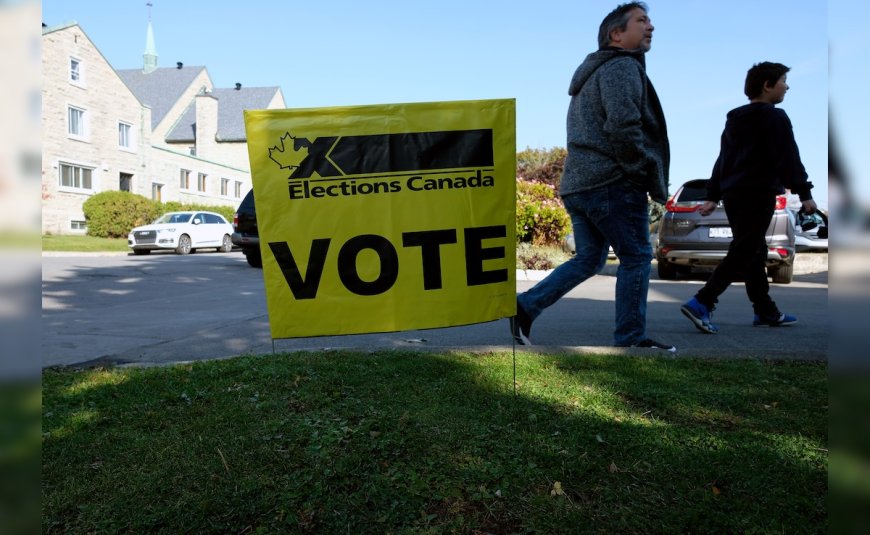Canada Election 2025: 5 Unusual Facts About The Canadian Parliamentary Polls
As Canada preps to elect a new government on April 28, the two parties that are leading the race - the Conservative Party and the Liberal Party - are in close contest. This is a parliamentary election, but the Canadian polls have some unique facts.

Canada Election 2025: 5 Unusual Facts About The Canadian Parliamentary Polls
As we approach the Canada Election 2025, many citizens are eager to know the ins and outs of this vital democratic process. In this article, we will unveil five unusual facts about the Canadian parliamentary polls that you might not be familiar with. These intriguing insights not only highlight the uniqueness of Canada's political landscape but also enlighten voters on what to expect in the upcoming elections.
1. The Role of Ranked-Choice Voting
One of the most unusual aspects of Canadian elections is the system of ranked-choice voting used in many of the provinces. This allows voters to rank candidates in order of preference, which can lead to more representative outcomes. Understanding this voting method can significantly impact how Canadians cast their votes in 2025.
2. Voter Turnout Trends
Historically, voter turnout in Canada has varied greatly, often influenced by factors such as age, socioeconomic status, and political engagement. Notably, elections with younger candidates tend to see higher engagement among millennial voters. As the 2025 election approaches, it will be interesting to see if this trend continues, especially with fresh candidates emerging across all parties.
3. The Influence of Social Media
In recent years, social media has transformed how political campaigns are run in Canada. By 2025, platforms like Twitter, Facebook, and Instagram are expected to play an even more integral role in shaping public perception and voter intentions. The engagement on these platforms can serve as a barometer for electoral success.
4. Record Number of Independent Candidates
The 2025 elections are anticipated to feature a record number of independent candidates, driven by discontent with traditional party politics. This influx may alter conventional campaigning and could potentially reshape the overall political dynamics in Canada.
5. Environmental Issues at the Forefront
As climate change becomes a more pressing issue, environmental policies are likely to be a dominant theme in the 2025 election. Canadians are increasingly prioritizing sustainability, compelling parties to address ecological concerns in their platforms.
In conclusion, the Canada Election 2025 promises to be a fascinating event unlike any other. With its unique voting practices, voter engagement, and pressing social issues, Canadians have much to consider as they prepare to make their voices heard.
News by dharmyuddh.com







